Too Much Pressure Too Soon?
Early College Prep Interferes with Meaningful, Happier Childhoods
October 18, 2018
“You need to focus on your academics.”
“Education comes first.”
“Your grades are your gateway to college.”
“It’s only getting more competitive.”
“You need to start thinking about your future or you won’t have one.”
If you’re a middle or high school student, chances are you’ve heard at least some variation of one of these phrases. We are told these things by our parents, teachers, and peers, all of whom tend to believe they have our best interests at heart, but what does that even mean? Is our best interest exclusive to our educational or monetary success? Is it defined by the level of prestige of the university that accepts us?
In high school, it would seem, the answer is an undisputed yes. Students pack their schedules with Advanced Placement courses, involve themselves in sports or other extracurriculars after school, and strive to learn new languages for the sole purpose of elevating their resume and, therefore, their chances of being accepted into a “good” school. Seldom is it true that a student takes three or four AP or honors classes simply because they have an interest in pursuing each subject. On the contrary, AP courses are widely considered a waste of time if a student does not pass the exam. This ideology suggests that these classes are useful for two purposes only: to help students’ chances of college acceptance, and to remove a required course from their future college schedules. In both cases, the benefit pertains exclusively to college.
A certain amount of academic competitiveness is motivating, and even healthy, but has defining a student’s success and worth based on the classes they take or the university they attend gone too far both in schools and in society? How early should we really be worrying children about their futures in academics? Are we, as a school, as a people, creating an unhealthy environment by placing too much emphasis and significance on academics? I asked around de Toledo to see if I could find a general consensus to these questions.
A freshman I interviewed told me that she personally did not feel pressured too young for college, but thought the school system does begin preparations for higher education much too young. I felt compelled to ask when she herself began “college preparations,” or making certain changes in her life out of a desire to advance her intellectual standing and academic competitiveness for the future. She nonchalantly informed me that she’d begun such preparations in the seventh grade, and was independently doing both SAT and ACT test prep outside of school as a freshman. She went on to say that seventh grade seemed to be the ideal time to start thinking about college, and that she did not regret her decision to begin preparations in middle school.
I was taken aback by these responses, and felt even more urgency to gather data from other students so as to either confirm or invalidate my suspicion that this wasn’t representative of the general student body.
The next freshman I interviewed felt that students are expected to be responsible for college prep much younger than is reasonable or fair. If the school system, and therefore society, didn’t hold such high expectations for students to be concerned with their futures so young, she believed she could’ve had a much happier and more fulfilling childhood. Although she herself felt confident in her position as a student with regards to college, and took no extra personal measures outside of school to make herself competitive with her peers, she was also pressured into worrying about secondary education and ultimate academic success in seventh grade.
The rest of my interviews with freshmen were shockingly similar. It was almost unanimously believed that kids are pressured too young to start the process of thinking about and preparing for college, that childhoods are tainted by those expectations, and that it is difficult but necessary to take measures to become more personally competitive in an academic environment.
After gathering this information, I began interviewing seniors with similar questions. Not surprisingly, the seniors were much more confident in their opinions, and generally felt more passionate discussing them.
Seniors across the board believed that kids were forced to start the “college process” too young, and that it interfered with having a meaningful childhood. They also seemed to feel that this issue was not only unaddressed, but rapidly worsening with society’s aggressively competitive environment.
One senior I interviewed felt strongly that prompting kids in middle school to start thinking about college was not only ineffective, but completely ridiculous. Middle school, he argued, carries little impact on freshman year of high school, much less on college. It acts mainly as a traumatic gateway from elementary school to high school during which a gross and terrifying phase of life occurs that should be specifically isolated from the other age groups, not as a medium through which to bombard students with concerns for a future in academics over which they do not yet have any sort of control.
On this same note, most seniors seemed to believe preparatory measures they’d taken as middle-schoolers or high school freshmen were ultimately inconsequential in accomplishing their long-term goals. In addition to providing an insightful new perspective on the topic, this opinion that early preparations are really frivolous to a student’s academic career brings into question the reasoning behind such vehement urging of students to engage in those early preparations. Why do we continue to push students to achieve beyond their capacity so early on if there is little or no benefit to be gained?
Perhaps the biggest sign that we have a stress epidemic on our hands comes from how much each interviewed person had to say about the issue. The stories, examples, and strong opinions held by students speak to the need for change in our expectations.


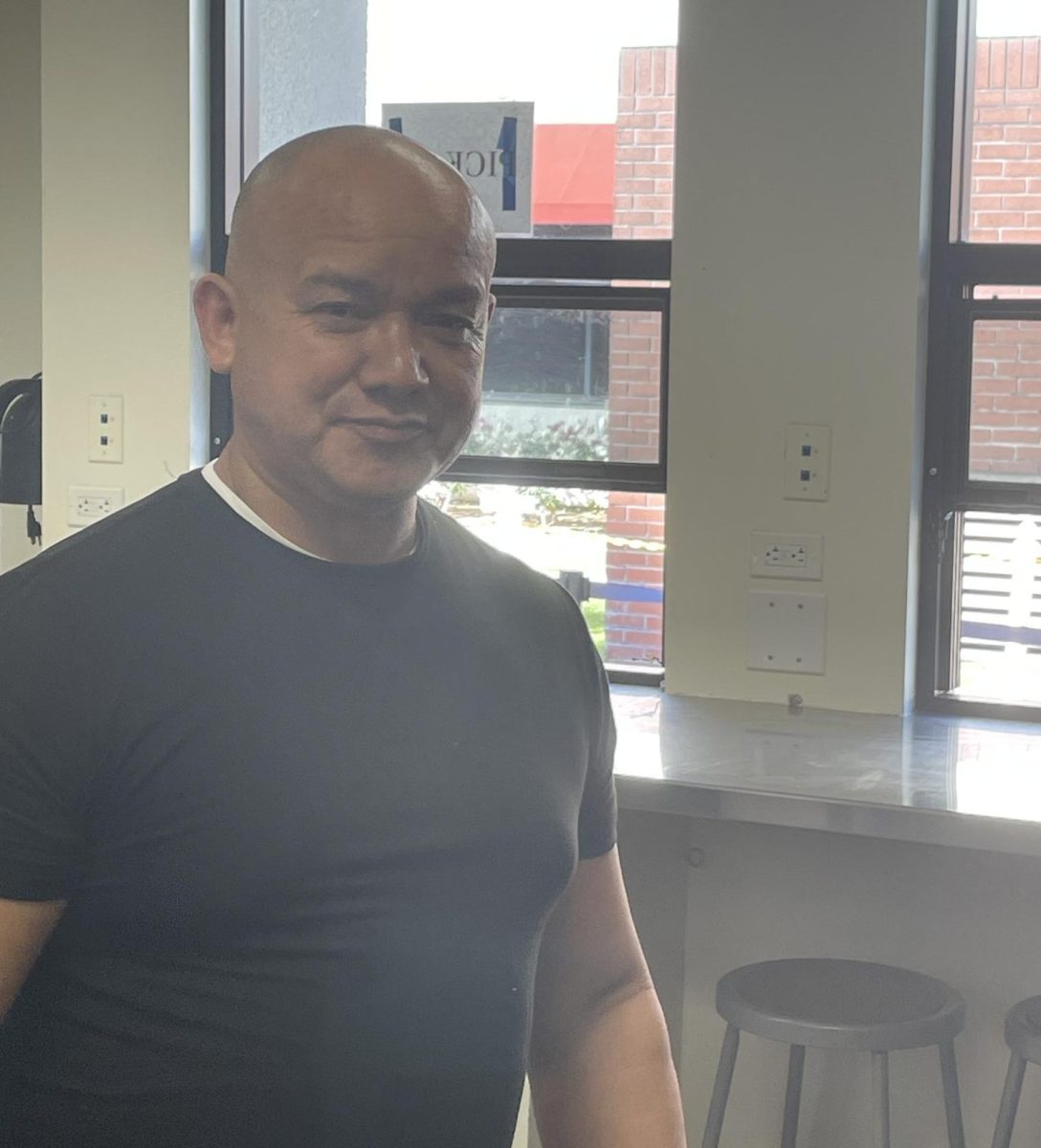


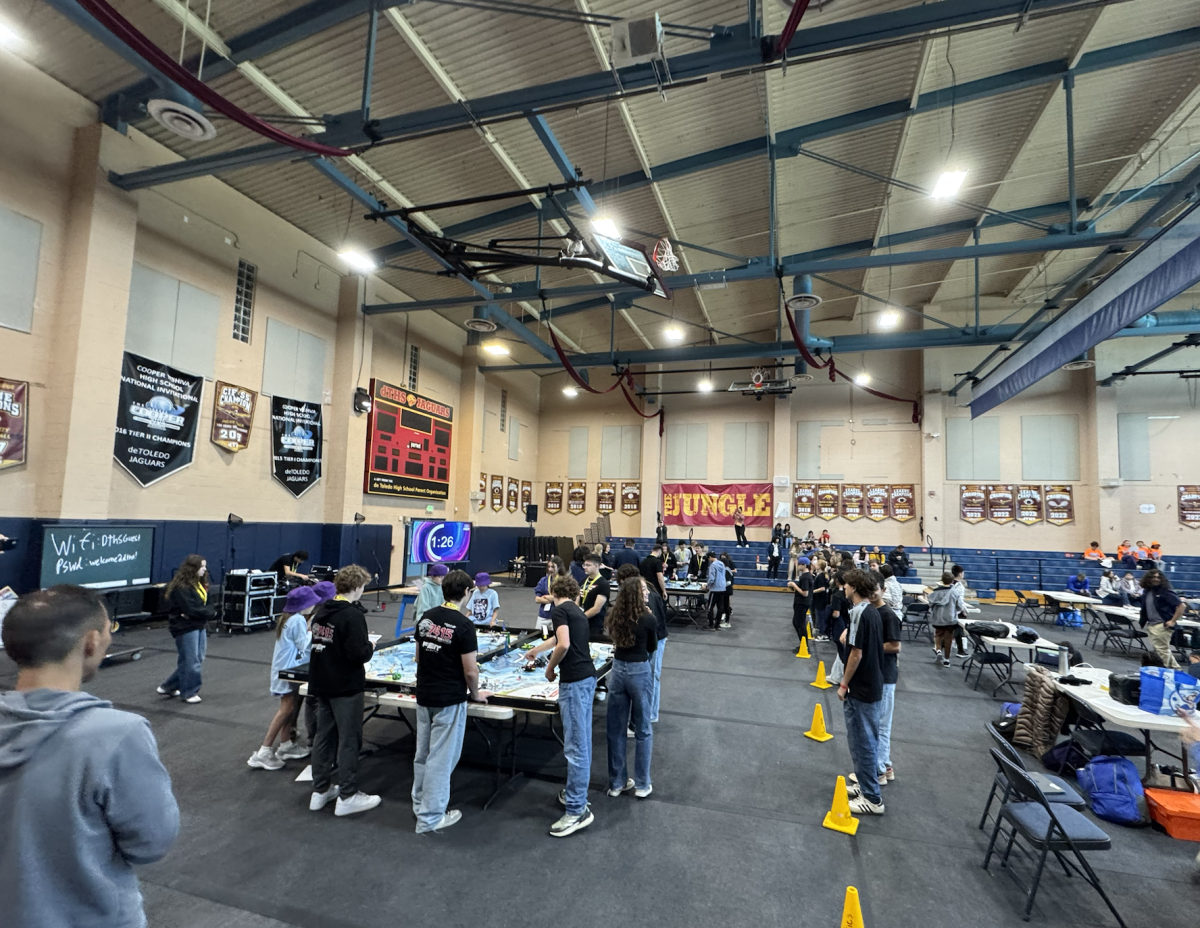
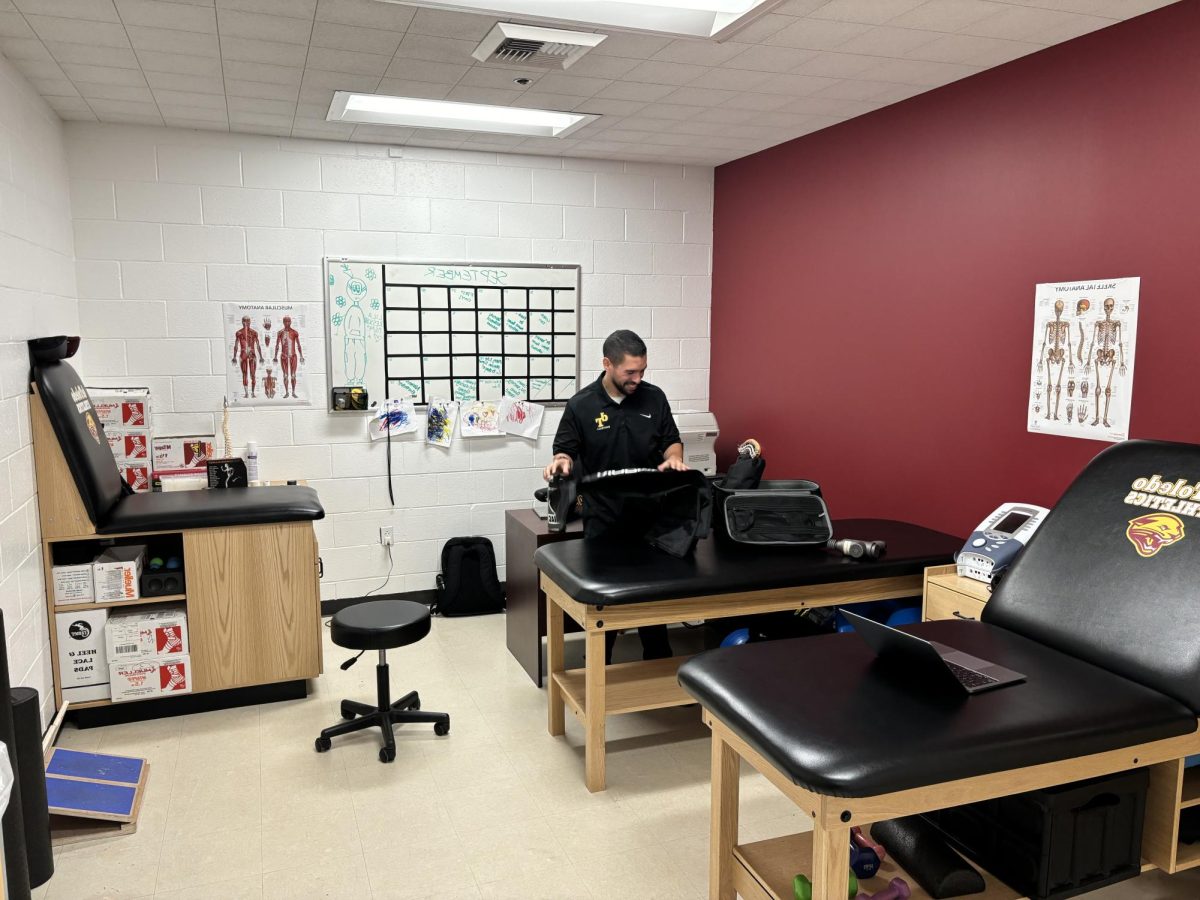
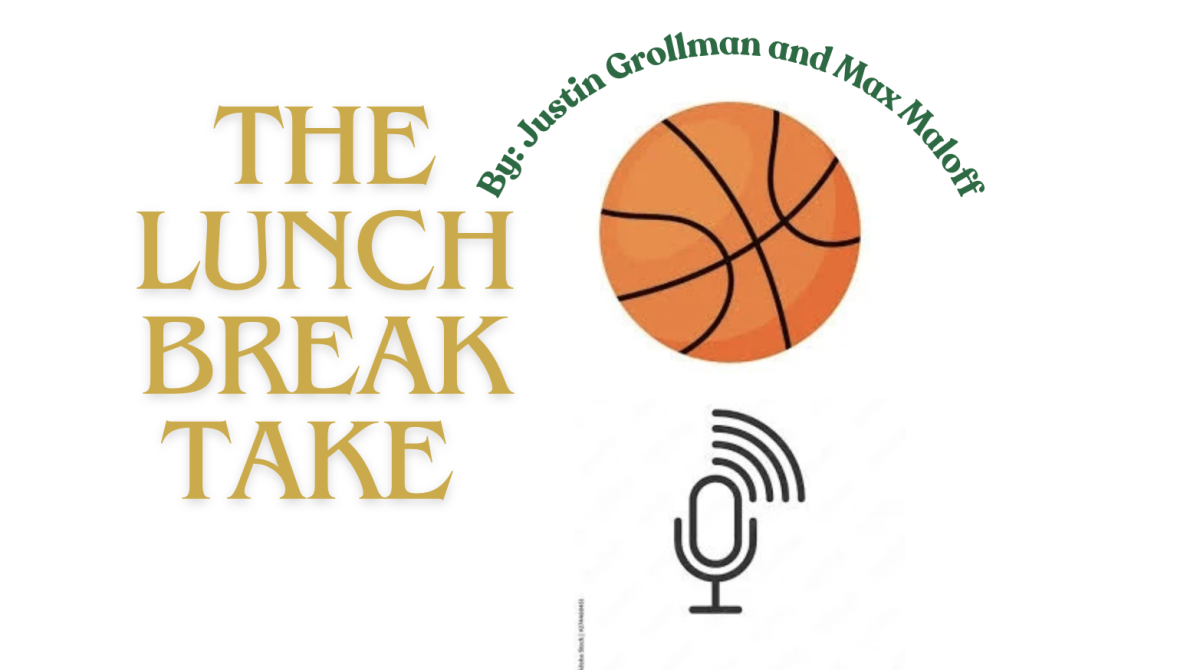


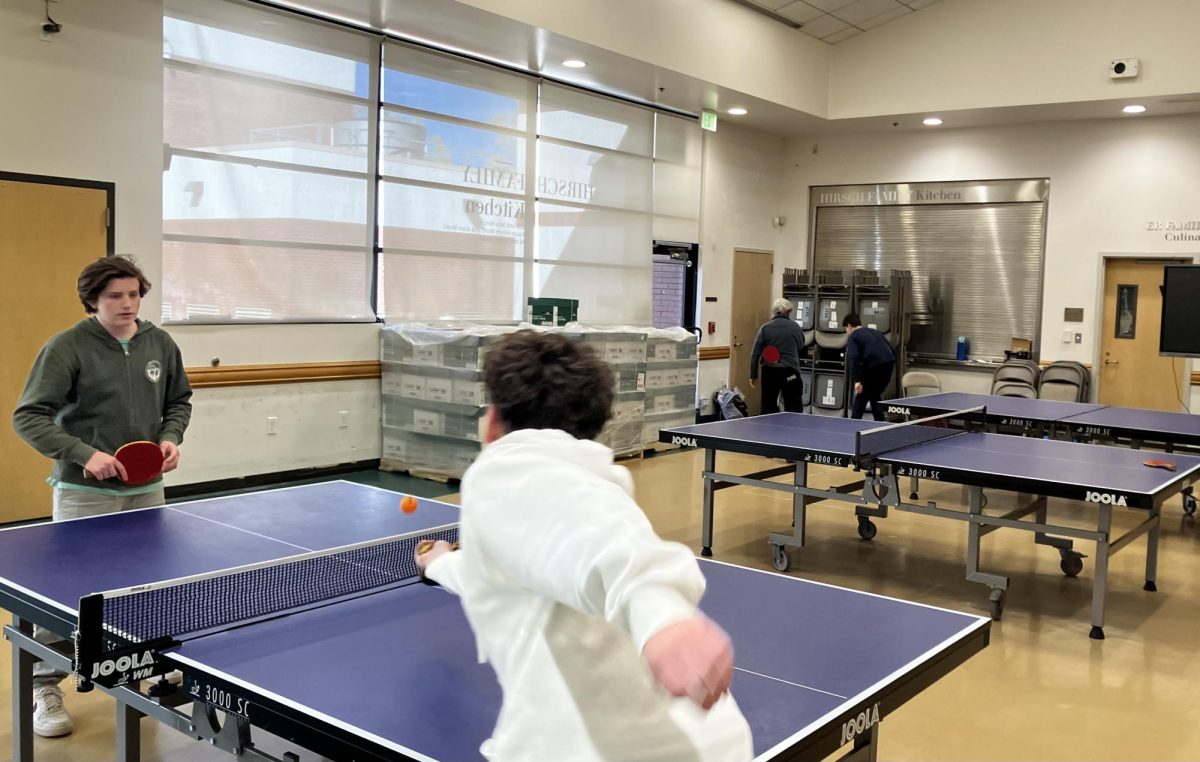

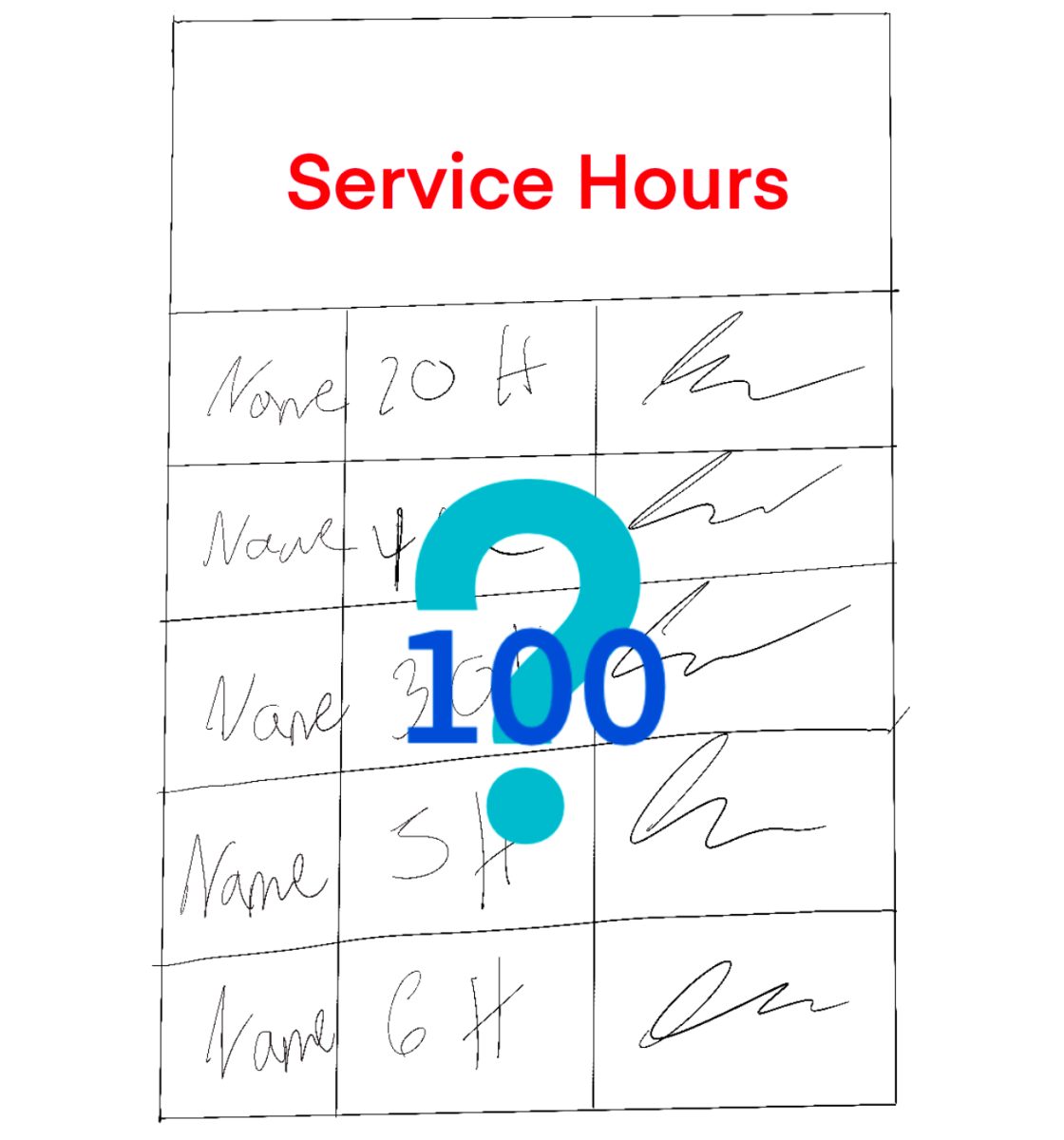










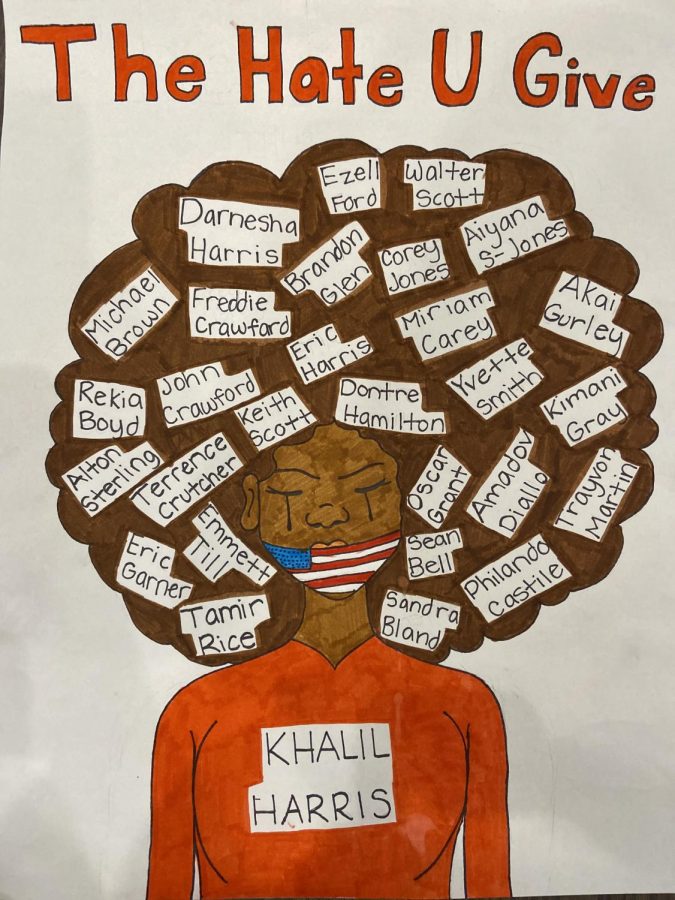


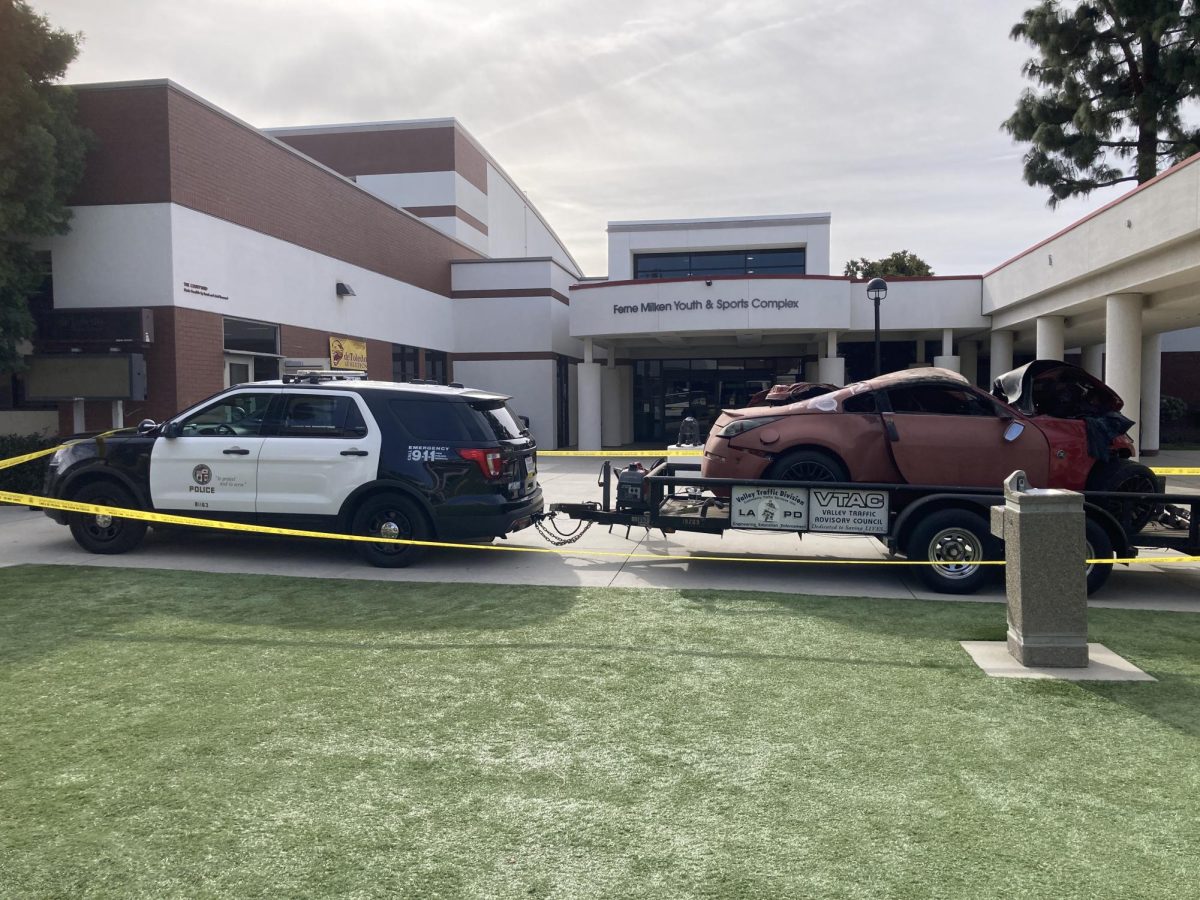
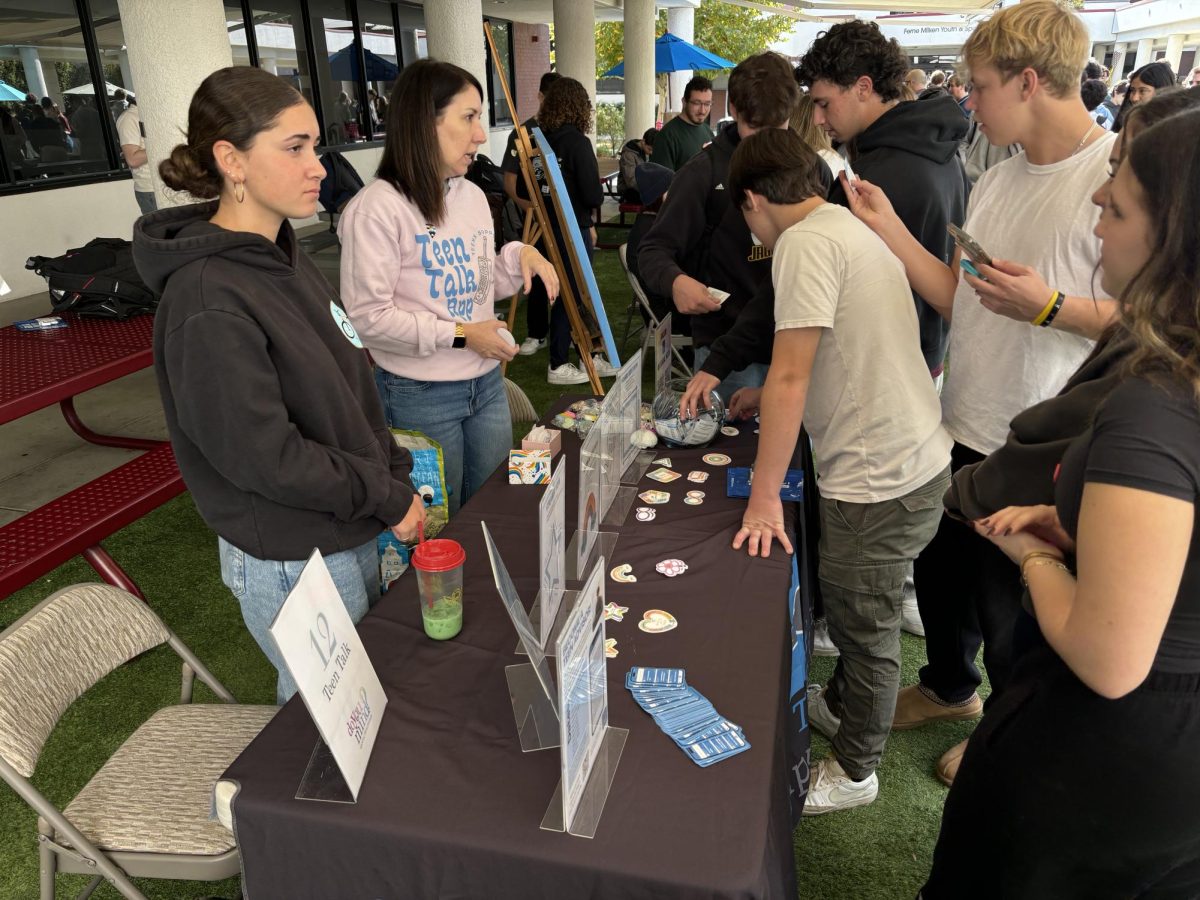

Erin Gastaldi • Oct 30, 2018 at 12:20 pm
Thank you for this! The competitive nature of college admissions is troubling, of course, and considering that it’s affecting 12-year-olds, even more troubling. How do we change this culture? Is the college threat simply being used as a way to motivate students? How better, then, to motivate students?
Sarah Golden • Oct 20, 2018 at 9:55 am
I read Ms. Shane’s piece with interest, and enjoyed her approach to the issue- It’s certainly revelatory to see the difference between 9th and 12th grade responses. What the piece provokes me to ask is why students have so little agency in their educations. They seem to do what we, the adults, ask of them whether they agree with it or not. Can we envision an educational environment where students have more say in their process and outcomes?